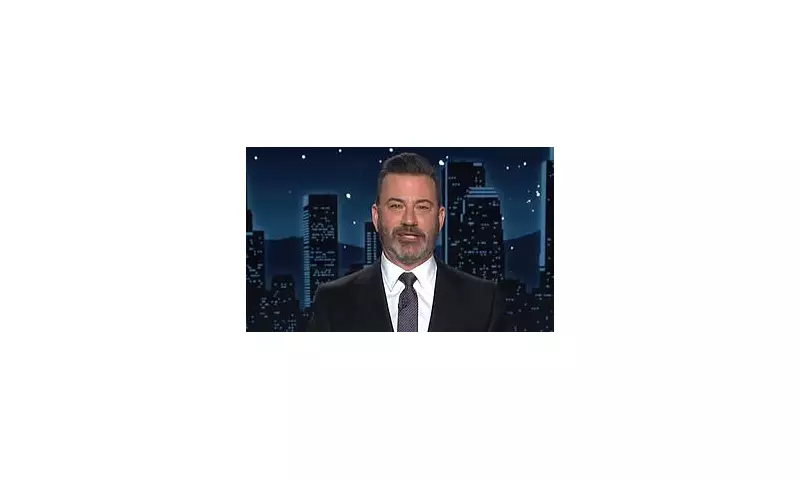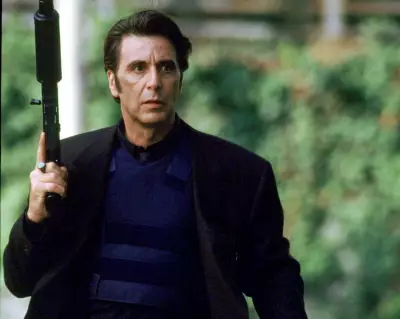
ABC's flagship late-night host Jimmy Kimmel is embroiled in a monumental controversy and facing potential suspension after making a deeply inflammatory on-air 'death' joke about prominent conservative commentator Charlie Kirk.
The incident, which has sent shockwaves through the broadcasting industry, occurred during Kimmel's monologue, where he took a vicious swipe at the Turning Point USA founder. In a segment that has since gone viral, Kimmel suggested that a recent airline incident should have resulted in Kirk's death, stating: "If ever there was a time for an airplane to crash and not everyone die, this would be it".
Immediate Backlash and Network Response
The remark sparked immediate fury from viewers and media watchdogs alike. Broadcasting regulator Ofcom has been inundated with complaints, while Kirk himself responded with a scathing rebuke on social media platform X, formerly Twitter.
Internal sources at ABC indicate that network executives are in crisis meetings, with a formal suspension of Kimmel being seriously considered. The Disney-owned network faces mounting pressure to take decisive action against its star host.
Charlie Kirk's Fiery Response
Kirk didn't mince words in his response, accusing Kimmel of "advocating for political violence" and highlighting what he called the "stark hypocrisy" of left-leaning commentators who preach tolerance while engaging in what he described as hate speech.
In a powerful statement, Kirk questioned whether Kimmel would face similar consequences had the roles been reversed, pointing to what he perceives as a double standard in media treatment of conservative figures.
Regulatory Storm and Public Outcry
The controversy has triggered a formal investigation by broadcasting authorities, with potential implications for ABC's licensing. Media analysts suggest this incident represents one of the most serious breaches of broadcast standards in recent years.
Public reaction has been sharply divided, with some defending Kimmel's right to comedic expression while others condemn what they see as dangerous rhetoric that normalizes violence against political opponents.
Broader Implications for Late-Night Television
This incident raises serious questions about the boundaries of political satire and the responsibilities of broadcasters in an increasingly polarized media landscape. Industry observers note that Kimmel's suspension, if implemented, would represent unprecedented disciplinary action against a major network late-night host.
As the story continues to develop, all eyes are on ABC management and regulatory bodies to see how they will navigate this explosive situation that sits at the intersection of free speech, comedy, and broadcast responsibility.





